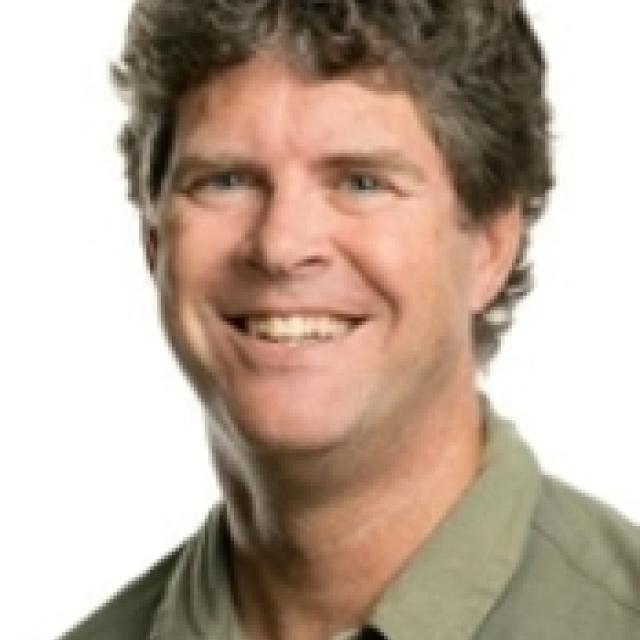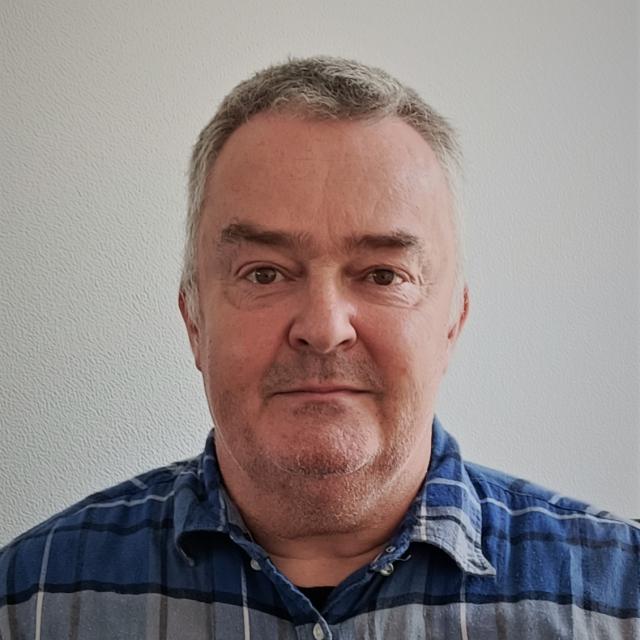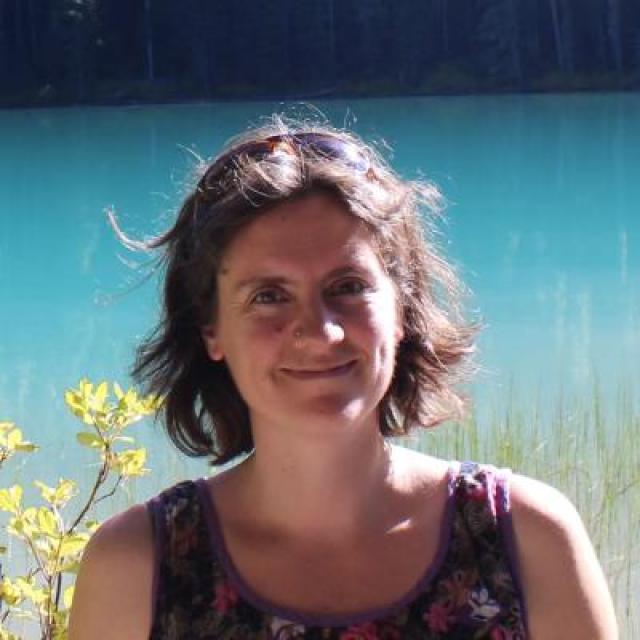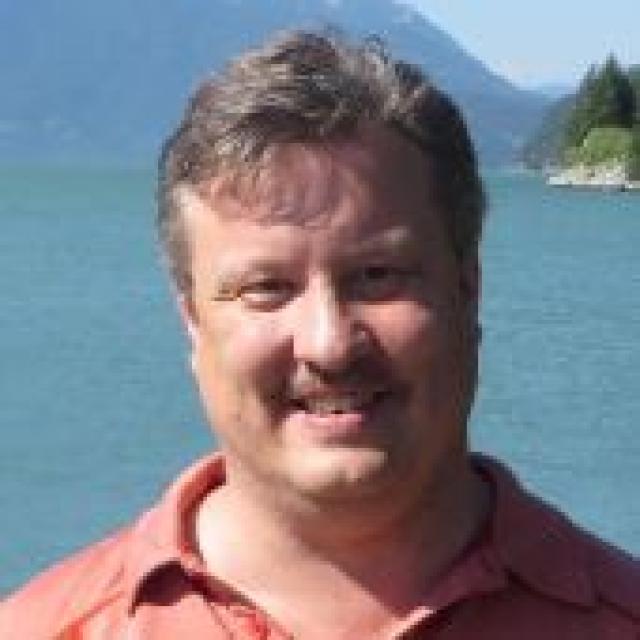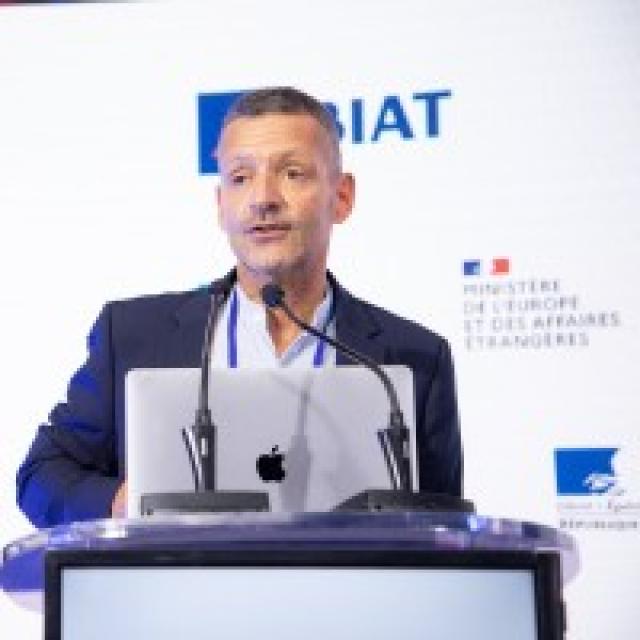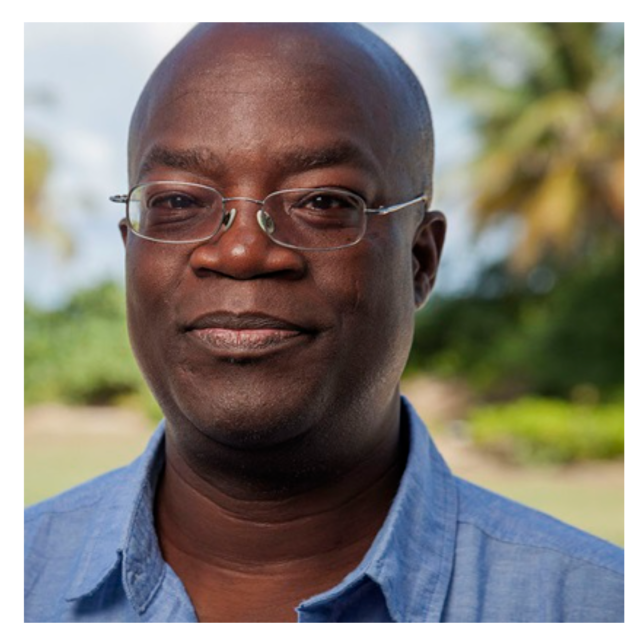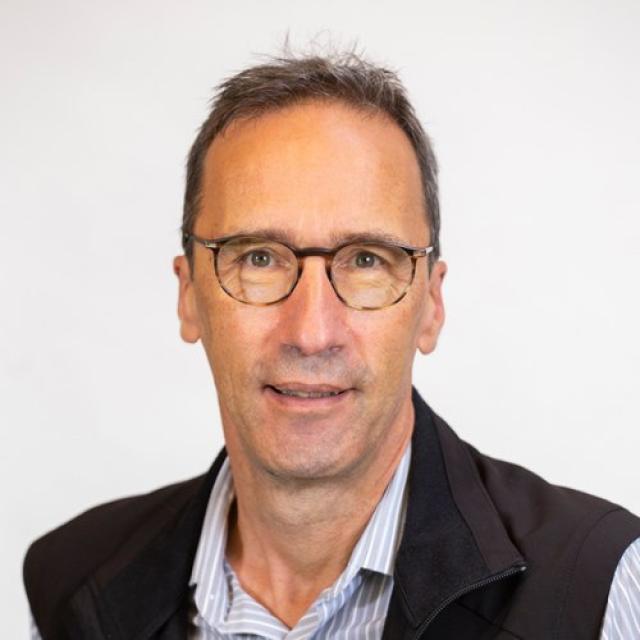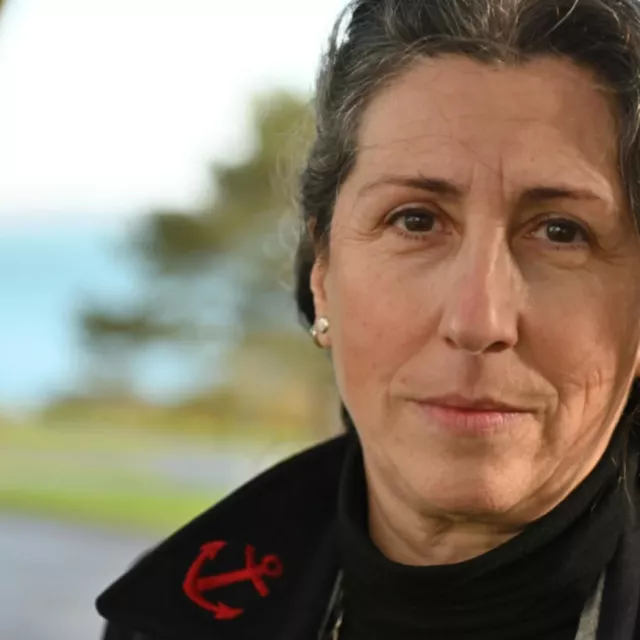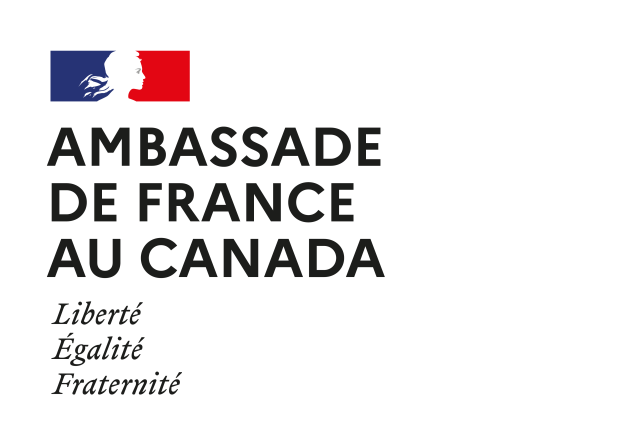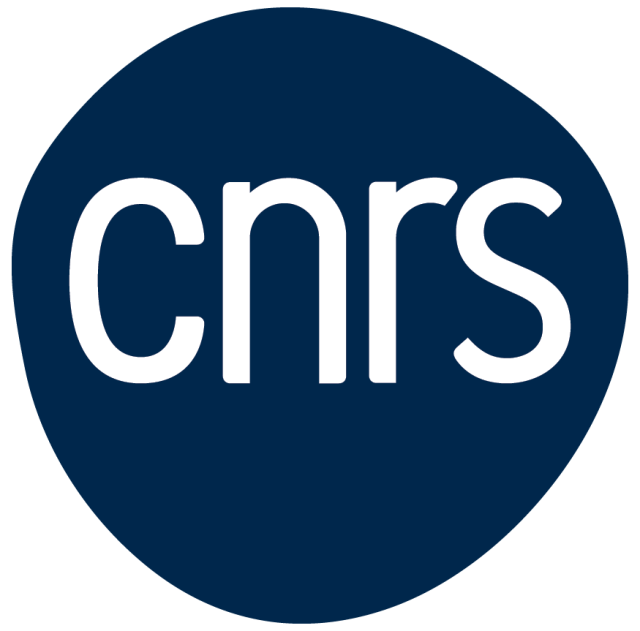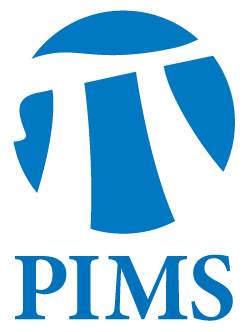France-Western Canada Workshop on Ocean and Polar Sciences
Topic
The France-Western Canada Workshop on Ocean and Polar Sciences focuses on quantitative approaches and analysis in this field.
Speakers
Details
A padlet containing slides, and other supporting material was created to support this event. Click below to view these items
This workshop is organized as a satellite event within the framework of the France-Canada Joint Committee on Science, Technology, and Innovation, launched in April 2023.
This event is jointly organized by the Centre National de la Recherche Scientifique (CNRS), the Pacific Institute for the Mathematical Sciences (PIMS), and the Consulate General of France in Vancouver.
Organizational Team:
- Oscar Cetnarowski, Executive Assistant, PIMS Central Office
- Géraldine Dantelle, scientific attachée at the Consulate General of France, Vancouver
- François James, Professor, CNRS/Université d'Orléans
- Mark Lewis, Kennedy Chair in Mathematical Biology, Mathematics, and Statistics, University of Victoria
- Jan Matas, Director, CNRS Office - Ottawa, Canada
- Arthur Roullin, Program Manager, CNRS Office - Ottawa, Canada
- Ozgur Yilmaz, Director, Pacific Institute for the Mathematical Sciences, Professor of Mathematics, University of British Columbia
The main goal of the workshop is to identify shared research themes, to explore possibilities for new interactions, and to foster further cooperation between researchers in Canada and in France. It is also a follow up of the first event organized in Halifax in October 2023 by the French Embassy in Ottawa and by Ocean Frontier Institute at Dalhousie University. It focused on the Eastern Canadian research community involved in the “Transforming Climate Action” Research Program recently funded by the Canadian federal government.
Program
Day 1 - February 29
- 8:00AM – 8:15AM: Introductory remarks
- 8:15AM – 9:15AM: Mark Lewis and François James
- Mathematical Modelling Challenges in Ocean and Polar Sciences
- 9:15AM – 10:15AM: Mary O’Connor and Nathalie Turque
- Biodiversity change in a changing ocean: Research Challenges
- 10:15AM – 10:45AM: Coffee Break
- 10:45AM – 12:05PM: Workshop 1 (20 min/person)
- Paul Vigneaux (FR)
- "Earth & Energies" CNRS Research Network and a case study on avalanches in the context of global warming
- Pierre Saramito (FR)
- Modeling the arctic sea-ice flow with a brittle-viscoelastic fluid model
- Raphaël Lami (FR)
- Advancing marine sciences at Sorbonne University: Emphasizing multidisciplinary research and educational initiatives
- Marie Auger-Methe (CA)
- Modelling the movement & space use of marine species to support their conservation
- Paul Vigneaux (FR)
- 12:05PM – 1:30PM: Lunch
- 1:30PM – 2:30PM: Rashid Sumaila and Ivar Ekeland
- Speaking for the seventh generation: Introducing intergenerational justice in bioeconomics
- 2:30PM – 3:00PM: Coffee Break
- 3:00PM – 4:20PM: Workshop 2 (20 min/person)
- Anne Salomon (CA)
- Insights Gained from Including People in our Models of Nature and Modes of Science
- William Cheung (CA)
- Solving the ocean sustainability challenges at the food-climate-biodiversity nexus
- Julia Baum (CA)
- Amanda Bates (CA)
- Building on shared interests in marine ecology: historical partnerships and biodiversity initiatives in France and Canada
- Anne Salomon (CA)
- 5:30PM – 7:30PM: Reception by invitation by Consul General of France
Day 2 - March 1
- 8:00AM – 9:00AM: Paul Myers and Richard Sempéré
- Ongoing Canadian Marine Sciences activities, with an Arctic Focus
- 9:00AM – 10:00AM: Christine David-Beausire and Benoit Pirenne
- 10:00AM – 10:30AM: Coffee Break
- 10:30AM – 12:10PM: Workshop 3 (20 min/person)
- Christian Schoof (CA)
- Glacier and Ice Sheet Dynamics
- Lionel Guidi (FR)
- Adding biology to the map: Example of the "Augmented Observatories" linked to the research infrastructure EMBRC
- David Renault (FR)
- The French Polar Institute - A funding agency at the service of scientific projects in polar and sub-polar regions
- Sean Rogers (CA)
- The Bamfield Marine Sciences Centre – empowering research and training while enabling sustainable resource management and economic development.
- Christian Schoof (CA)
- 12:10PM – 1:30PM: Lunch
- 1:30PM – 2:00PM: Edward Doolittle
- 2:00PM – 3:40PM: Workshop 4 (20 min/person)
- Cécile Sabourault (FR)
- IFR MARRES, the Education-Research-Innovation ecosystem dedicated to Marine Resources at Université Côte d’Azur
- Claire Hellio (FR)
- Fostering innovation in marine biotechnologies R&D and higher education - bioinspired approaches (from chemical ecology to marine biotechnology)
- Philippe Tortell (CA)
- Towards a Western Canadian Ocean Research Center of Excellence
- Marie-Noelle Houssais (FR)
- LOCEAN lab (CNRS / Sorbonne Université / IRD / MNHN) - Polar research: examples of French activities with a focus on Canada-France collaborations
- Cécile Sabourault (FR)
- 3:40PM – 4:10PM: Funding opportunities
- 4:10PM – 5:00PM: Wrap up/closing
Abstracts
David Renault: The French Polar Institute - A funding agency at the service of scientific projects in polar and sub-polar regions
The French Polar Institute (IPEV, https://institut-polaire.fr/fr/) is the resources agency for furthering French research in the polar regions. The French Polar Institute makes available human, logistical and technical resources and funding, but also sets the legal framework necessary for developing national polar and subpolar scientific research. The presentation will give an overview of the missions of the Institute, in particular the logistical, technical and financial resources of the Institute. The yearly call for scientific projects, and the scientific evaluation of the applications will also be discussed.
Raphael Lami: Advancing marine sciences at Sorbonne University: Emphasizing multidisciplinary research and educational initiatives
Sorbonne University is deeply committed to teaching and research in Marine Sciences. It relies, among other resources, on oceanography laboratories in Paris and three marine biological stations located in Roscoff (Brittany), Villefranche-sur-Mer, and Banyuls-sur-Mer (Mediterranean). In this landscape, the Sorbonne University Ocean Institute also plays a key role by promoting synergies among all stakeholders and supporting multidisciplinary research. I will first review the organization of marine science education at our institution and the diversity of our laboratories working in this field. I will then expand on an example of multidisciplinary research through the study of the impacts of the development of renewable marine energies (particularly wind energy), which involves many researchers in our laboratories.
Christine David-Beausire: The French Oceanographic Fleet: a national tool in the ocean data landscape
The "French Oceanographic Fleet" national research infrastructure is France's tool for marine science in and around the world's oceans (with the exception, to date, of the polar zones). It is one of the largest scientific fleets in the world, and the only one (at least in Europe) operated by a single operator. Its organization and mode of operation will be presented, as well as the way in which it fits into data acquisition systems at sea. In particular, we'll look at how it complements cabled seabed observatories.
Benoit Pirenne: Ocean Data Galore! Where, why and how are data collected at Ocean Networks Canada
Ocean Networks Canada collects data from the three oceans surrounding the country and receives almost all of them in real-time from well over 10,000 sensors thanks to the cabled nature of the observatories. This presentation will highlight the methods use to build the observatory, to acquire the data from their instruments, to perform the data quality control and to provide seamless access to all of them. The talk will also hint at the diversity of the data types that are collected. This will be an invitation to exploit this vast resource for creating and mobilizing new knowledge.
Marie Auger-Méthé: Modelling the movement & space use of marine species to support their conservation
Quantifying the distribution of animals and understanding their movement behaviour is fundamental to their conservation. As such, ecologists increasingly collect movement data. However, characterising the distribution and behaviour of marine species is hindered by many formidable challenges. For example, marine species spend most of their life in areas difficult for us to reach (e.g., ocean depths) and many positioning systems (e.g., GPS) are not well suited to the marine environment. Using species such as Arctic terns and narwhals, I will demonstrate how advanced statistical methods can improve our understanding of their ecology and inform management and conservation.
Paul Vigneaux: "Earth & Energies" CNRS Research Network and a case study on avalanches in the context of global warming
In this talk, I will first present the "Geophysics and Natural Hazards" axis of the new CNRS "Terre & Energies" research network (created January 2024). It aims to bring together the French community concerned with mathematics in interaction with geophysics, both from the point of view of mathematical modeling and simulation. I will then give a brief example of these interactions between numerical methods and experiments, through the study of wet snow avalanches, a new actor associated with global warming, which requires new studies to reassess the risks.
Christian Schoof: Glacier and Ice Sheet Dynamics
Global mean sea levels are expected to increase by 0.4-0.8 m by the end of the century, mostly driven by the loss of ice that is currently stored on land. Projections of sea level rise are increasingly important in flood risk mitigation and insurance, as well understanding future migration pressures. The sums of money that hinge on such projections are large: in Vancouver alone, 55 billion dollars in infrastructure was at risk from future sea level rise as of 2007, with mitigation and adaption measured estimated at close to 1 billion dollars; these figures are likely to increase significantly in future.
The main stores of land ice are the ice sheets of Greenland and Antarctica, with Antarctica being the most significant source of future sea level rise in Canada. Projections for mass loss from these ice sheets rely on complex mathematical models that are solved computationally. In this talk, I will focus on the importance of encoding the right physics in these mathematical models. I will describe work on various key aspects of ice sheet physics undertaken both jointly and in parallel between the UBC glaciology group and the premier French physical glaciology research group at Université Grenoble-Alpes. I will cover the development of methods for incorporating into large scale models the processes involved frictional sliding, the lubricating effect of meltwater drainage under ice, the coupling between ice sheets and floating ice shelves, and the calving (or breaking-off) of icebergs. Our groups have had closely matched interests for the last 20 years, and I will describe some of the challenges we have experienced in collaborating more closely.
Pierre Saramito, DR CNRS, lab Jean Kuntzmann, Grenoble: Modeling the arctic sea-ice flow with a brittle-viscoelastic fluid model
This paper presents a mathematical model for sea ice on geophysical scales. It bases on a coupling between a viscoelastic fluid model with a progressive damage mechanism. Its capability to reproduce the complex mechanical and dynamical behavior of sea ice drifting through a narrow passage. Idealized as well as realistic finite element numerical simulations of the flow of ice through Nares strait (north of Canada) are presented. These demonstrate that the model reproduces the formation of stable ice bridges as well as the stoppage of the flow, a phenomenon occurring within numerous channels of the Arctic. In agreement with observations, the model captures the propagation of damage along narrow arch-like kinematic features, the discontinuities in the velocity field across these features dividing the ice cover into floes, the strong spatial localization of the thickest, ridged ice, the presence of landfast ice in bays and fjords and the opening of polynyas downstream of the strait. As a perspective, we discuss the recent introduction of plasticity in the fluid model i.e. introducing a coupling between a elastoviscoplastic fluid model with a progressive damage mechanism.
Rashid Sumaila (UBC, Canada) & Ivar Ekeland (CEREMADE, Un. Paris-Dauphine): Speaking for the seventh generation: Introducing intergenerational justice in bioeconomics
Sumaila begins the session by presenting and motivating the idea of intergenerational justice. He will present a simple discrete model of intergenerational discounting. Ekeland will proceed with the presentation of a continuous case. He will also relate our approach to Chichilnisky and property rights.
Philippe Tortell: Towards a Western Canadian Ocean Research Center of Excellence
Rapid developments in sensor technology and data science have opened vast new possibilities to understand the oceans. Fully exploiting these opportunities requires major new investments in people, research programs and infrastructure, as well as new interdisciplinary, international and cross-sector approaches to generate shared knowledge about the oceans. Such a large-scale effort requires coordination and collaboration across many partners, well beyond the scope of individual investigators, or even single universities or government departments. To address this challenge, we propose to leverage the existing partnership of the Western Canadian University Marine Sciences Society (WCUMMS; UBC, UVic, SFU, U of Alberta and U of Calgary), working alongside partners in government, the private and NGO sectors and coastal communities to drive ocean, innovation, discovery, education and knowledge mobilization.
The timing of this new initiative exploits several major advances and new partnerships in western Canadian ocean science that have emerged over the past decade. These include the procurement of state-of-the-art autonomous ocean sensors and experimental equipment through the CFI-funded Canadian Pacific Rim Ocean Observing Facility (C-PROOF) and Ecocosms and Mesocosms jointly Predict Ocean Weather and Ecological Response (EMPOWER), as well as partnerships between the Bamfield Marine Sciences Center (operated by WCUMMS), the Hakai Institute (Tula Foundation), Fisheries and Oceans Canada, Ocean Networks Canada and the Canadian Integrated Ocean Observing System (CIOOS). The proposed work will also strengthen existing partnerships with a number of BC coastal First Nations, and with ocean scientists in Chile, who are working to address many of the same marine challenges experienced in western Canada. Bringing together a wide range of people, expertise and perspectives, we will address critical ocean issues across the Pacific Rim, with a global aspiration to redefine the boundaries of ocean sciences in Canada and beyond.
William W. L. Cheung: Solving the ocean sustainability challenges at the food-climate-biodiversity nexus
The ocean’s capacity to sustain life and support human wellbeing is increasingly threatened by intensifying climate change that exacerbates other non-climatic human stressors such as overfishing, pollution, and invasive species. Solutions to achieve ‘desirable’ ocean futures that support climate mitigation and adaptation, sustainable food production, and biodiversity conservation are urgently needed. Here, I will present an international and interdisciplinary partnership project that aims to explore solution options to solve the ocean sustainability challenges at the nexus of food security (F), climate change (C) and biodiversity (B) (Solving-FCB Partnership). This Partnership brings together world-leading scholars and practitioners from academic institutes, inter-governmental and non-governmental organizations, and government agencies to undertake transdisciplinary research that examines policies and human actions at the intersection of achieving food security, climate mitigation and biodiversity conservation goals in the ocean. Case studies from diverse social-ecological contexts include China (kelp aquaculture), Canada (reconciling Indigenous governance), Costa Rica (agriculture-coastal fisheries interactions), Ghana and Nigeria (securing livelihood of coastal communities) and the Netherlands (circular economy and nature-inclusive futures). I will discuss specifically the development and application of innovative quantitative approaches and analysis in the Partnership and their contributions to studying FCB nexus challenges and solutions.
Paul Myers: Ongoing Canadian Marine Sciences activities, with an Arctic Focus
Here I will present some ongoing Canadian Marine Science activities, focusing on groups in western Canada, and with Arctic marine applications. But small individual as well as large initiatives will be presented. The talk will highlight existing and potential collaborations with French researchers, with a goal of working towards suggestions opportunities for large scale collaboration in the future.
Cecile Saborault: IFR MARRES, the Education-Research-Innovation ecosystem dedicated to Marine Resources at Université Côte d’Azur
Université Côte d’Azur (UniCA) has launched several research structures to promote interdisciplinarity: Academies of Excellence, Graduate Schools, Instituts Fédératifs de Recherche (IFR), Interdisciplinary Institute for Artificial Intelligence. I will present the IFR Marine Resources (MARRES), which is the Education-Research-Innovation ecosystem dedicated to marine resources at UniCA. I will then focus on several studies using multi- Species Distribution Models and describe the changes of fish species distribution in European seas under climate change scenario.
Anne Salomon: Insights Gained from Including People in our Models of Nature and Modes of Science
Within the diverse fields of marine science, humans are typically conceptualized as external disruptors of nature rather than adaptive components of it. Evidence from coastal marine ecosystems worldwide, however, challenge this dominant schema. Here, we synthesize and weave archaeological data, historical records and Indigenous knowledge spanning vast time domains with contemporary ecological data from across the Pacific Ocean, and reveal that people in coastal, place-based societies have performed a repertoire of important ecological functions through time. By engineering ecosystems, facilitating dispersal, and acting as keystone consumers, humans have both altered and enhanced the biodiversity, productivity, and resilience of marine ecosystems along the Pacific coast. In placed-based societies, strong positive and negative feedbacks within ecosystems drive individual learning among human actors and broader societal decision-making processes that mediate peoples’ ecological interactions within ecosystems. By recognizing tens to hundred of thousands of years of co-occurrence and co-evolutionary interactions between people and the ecosystems within which they are embedded, clear evidence of people driving ecological processes in ‘natural marine ecosystems’ emerges. By acknowledging millennia of peoples’ ability to experiment, learn, adapt, innovate, and sustain resilient relationships within complex social-ecological systems, marine science can gain new knowledge of ecological processes and baselines we may seek to restore. Doing so will create opportunities to make new discoveries, advance more resilient and equitable ocean policies, and illuminate novel solutions to the biodiversity, climate, and inequity crises we currently face.
Sean Rogers: The Bamfield Marine Sciences Centre – empowering research and training while enabling sustainable resource management and economic development.
The oceans form a planetary life-support system that stabilizes climate, produces oxygen, sequesters carbon and ultimately contributes to the survival and well-being of all Canadians. This can only happen with healthy coastal ecosystems. With the world's longest coastline, Canada has a responsibility to be a world leader in evidence-based, sustainable, ocean, marine and coastal resource management. In the 50 years since it was founded by five Canadian universities, the Bamfield Marine Sciences Centre (BMSC) has emerged as a premier marine sciences centre on Canada's Pacific coast and a leading national and international research facility. The BMSC annually supports hundreds of Canadian and international researchers, including graduate and undergraduate students, and thousands of K-12 students and their science teachers. Year-round access to marine ecosystems is provided by a fleet of vessels supported by trained crews, divers, scientific support staff, and specialized equipment. Its shore-based laboratory facilities are amongst the best in Canada. These facilities are available to community partners, including First Nations, and companies, governments and non-government organizations focused on research, environmental and resource development. Our current strategic research program (EMPOWER) aims to understand the impacts of climate change on coastal ecosystems and ultimately provide adaptive solutions to mitigate the negative impacts of future climate change on coastal ecosystems. BMSC research supports fundamental and applied research and training activities, increase productive partnerships in areas critical to Canada's climate plan, and mitigate the ecological impacts of climate change: on coastal ecosystems; on coastal species' biodiversity; and enabling sustainable resource management and economic development.
Mark Lewis (University of Victoria) and François James (CNRS): Mathematical Modelling Challenges in Ocean and Polar Sciences
The purpose of our joint talk is to introduce the workshop from the perspective of shared mathematical modelling challenges.
We will give a broad overview of the mathematical challenges in ocean and polar sciences underlying some of the themes associated with the workshop: physical, ecological, human/economic and global change. We will also discuss the bigger picture of looking for ways to connect researchers from France and Canada.
